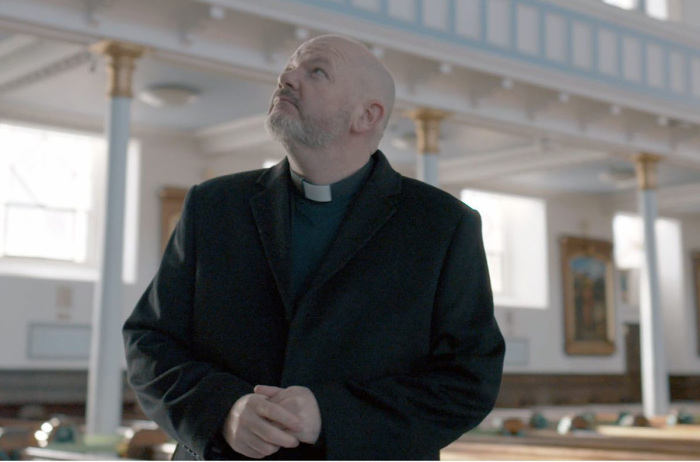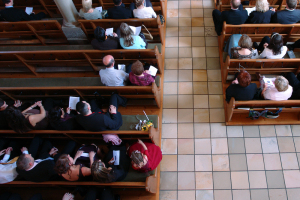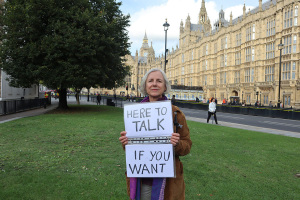Scottish church leaders overjoyed as judge rules church ban 'unlawful'

Church leaders in Scotland are celebrating after a judge ruled that the Scottish government acted unconstitutionally by making in-person services a criminal offense during the lockdown.
Scotland imposed far tougher restrictions on churches than the rest of the U.K., which allowed in-person services to continue during the current lockdown.
Handing down judgment on Wednesday, Lord Braid said the Scottish rules were a disproportionate interference of Article 9 of the European Convention on Human Rights.
"It is impossible to measure the effect of those restrictions on those who hold religious beliefs," he said.
"It goes beyond mere loss of companionship and an inability to attend a lunch club.
"The fact that the regulations are backed by criminal sanctions is also a relevant consideration.
"Were the petitioners to insist on manifesting their beliefs, in accordance with their religion, they would be liable to be met with a fine of up to £10,000, a not insignificant penalty.
"The above factors all point toward the conclusion that the regulations have a disproportionate effect."
He also concluded that online worship was not real Christian worship, and that it was not for the Scottish ministers to "dictate to the petitioners or to the additional party, that, henceforth, or even for the duration of the pandemic, worship is to be conducted online."
"That might be an alternative to worship but it is not worship. At very best for the respondents, in modern parlance, it is worship-lite," he said.
The 27 church leaders came from different denominations, among them the Church of Scotland and Free Church of Scotland, and included a number of independent churches.
The Rev. William Philip, senior minister at the Tron Church in Glasgow, who was among the church leaders taking action, said: "We are very pleased that Lord Braid has recognized how essential gathered church worship is to our communities and to Scotland as a whole.
"From the outset we have recognized the serious decisions the Scottish ministers had to take in response to the pandemic. However, its approach to banning and criminalizing gathered church worship was clearly an over-reach and disproportionate and if this had gone unchallenged it would have set a very dangerous precedent.
"However well intentioned, criminalizing corporate worship has been both damaging and dangerous for Scotland, and must never happen again.
"There is an urgent need for a message beyond that of just health and safety: a message of hope and salvation, and Jesus Christ is the only hope that dispels all fear, death included. Now is the time as we begin to exit the current lockdown for the church in Scotland, and across the U.K., to provide the spiritual leadership that is so desperately needed."
Christian Concern, which supported the church leaders, called the victory "unprecedented."
Andrea Williams, chief executive of the Christian Legal Centre, said: "Over centuries, Christian worship has been regarded as a fundamental freedom in the nations of the United Kingdom. During this pandemic, for the first time in history, our governments chose to criminalize gathered church worship.
"We are thankful and relieved that the High Court in Scotland has recognized this dangerous interference with our God-given right to engage in worship for exactly what it is, and ruled it unconstitutional. The fundamental principle of freedom has prevailed with a strong dash of good old common sense."
Churches in Scotland were due to reopen on Friday as the country eases out of lockdown, but Lord Braid ruled that the judgment has immediate effect.
Canon Tom White, who joined the legal action with the support of ADF International, said the verdict showed the court "understood the essential need to protect not only the physical and material health of our society but also its spiritual needs and therefore overturned the disproportionate, unnecessary and now deemed illegal blanket ban on public worship."
"This decision highlights the significance of the church's role in the very fabric of our society," he said.
"Now, we can trust that our fragile and damaged communities will never again be left without the church as a source of hope, comfort, and vital spiritual nourishment in times of crisis.
"I'm grateful to all across Scotland and beyond who have offered their financial support for my case, and who have faithfully prayed with me for church doors to be reopened.
"Thanks be to God for this wonderful news."
Originally published at Christian Today





























